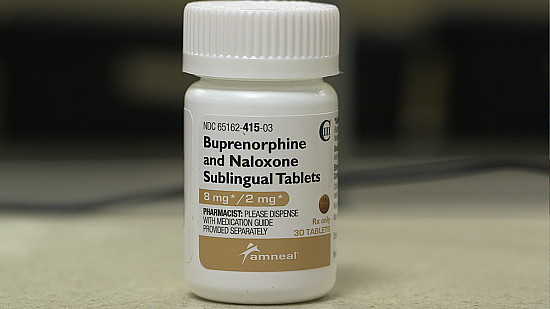Smokers with cancer benefit from quitting, but need extra help

There are many reasons to quit smoking. Being diagnosed with cancer can be a powerful one. But many people have trouble quitting even after learning they have cancer.
A team from Harvard-affiliated Massachusetts General Hospital (MGH) analyzed data from 1,400 smokers newly diagnosed with lung or colorectal cancer. Five months after learning they had cancer, just over one-third (37%) of those with lung cancer and two-thirds (66%) of those with colorectal cancer were still smoking. The results are published online today in the medical journal Cancer.
To be fair, the quit rates in the MGH study are much higher than seen in most studies of quitters. On average, only about 6% of people who stop smoking are still off cigarettes six months later.
Demon nicotine
“Our results underscore just how difficult it can be to quit smoking,” lead researcher Dr. Elyse R. Park told me. “A diagnosis of cancer can certainly be a powerful motivator, but it isn’t always enough—people need help to quit,” said Park, who is an associate professor of psychiatry at Harvard Medical School and director of behavioral sciences for the MGH Tobacco Research and Treatment Center.
Each hit of nicotine activates the brain’s reward and motivation center, producing pleasurable feelings. But as nicotine gets washed out of the body, the feelings of pleasure are replaced by uncomfortable symptoms of withdrawal—trouble concentrating, nervousness, headache, dizziness, irritability, anxiety, increased appetite, depression, and sleeping problems. This prompts users to reach for a cigarette. Research has shown that nicotine is at least as addictive as cocaine and heroin.
Kicking a smoking habit is good for health anytime. It is even more important after a diagnosis of cancer. Continuing to smoke can lessen the effectiveness of cancer treatment and slow recovery after surgery. Smokers who quit may live longer after being diagnosed with cancer than those who don’t.
But smokers diagnosed with cancer don’t always get the help they need, even from their doctors. Few clinicians address the issue of smoking with their patients, and most don’t know how to do it, writes Carolyn R. Dresler, the Tobacco Control Branch Chief for the state of Arkansas, in an editorial accompanying the paper.
Getting over the barriers
Quitting smoking isn’t merely a matter of willpower. It takes effort on two fronts—breaking the physical addiction to nicotine and breaking the psychological or behavioral habits associated with smoking.
Medications can help with the physical addiction. Nicotine delivered via gum, patch, lozenge, or inhaler can replace the nicotine from cigarettes without the tar, carbon monoxide, and dozens of other toxic ingredients in smoke. Two prescription medications—bupropion (Wellbutrin, Zyban) and varenicline (Chantix)—can also help cut the craving to smoke.
The psychosocial aspects of quitting can be challenging. The stigma associated with smoking, for example, can work against quitting. “People with cancer may feel embarrassed or guilty about continuing to smoke, and try to hide it,” says Dr. Mary E. Cooley, a nurse-scientist at Harvard-affiliated Dana Farber Cancer Institute whose work focuses on smoking cessation among people with cancer. Smokers also often live with one or more smokers, which makes quitting difficult.
As is true for all smokers, it may take a while to decide to stop smoking and take the necessary steps. And it often takes several attempts to quit before one is successful.
“It’s a complicated issue,” says study leader Park. “But with help and support from family members, friends, and physicians, cancer patients can successfully quit smoking and improve their health and chances of survival.”
Excellent free information about quitting smoking is available from Smokefree.gov, a website developed by the National Cancer Institute.
About the Author

Patrick J. Skerrett, Former Executive Editor, Harvard Health Publishing
Disclaimer:
As a service to our readers, Harvard Health Publishing provides access to our library of archived content. Please note the date of last review or update on all articles.
No content on this site, regardless of date, should ever be used as a substitute for direct medical advice from your doctor or other qualified clinician.















